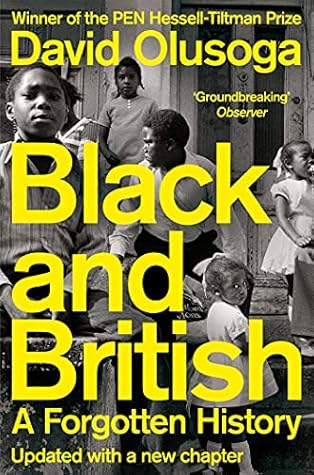The traffic in enslaved Africans was never more detestable than in 1783 when the details of what took place on board the Zong became known in Britain. The basic facts are simple and shocking. In September 1781 the Zong, a Liverpool-registered slave ship, sailed from Accra in Ghana with four hundred and forty-two slaves on board, around twice the number a ship of that size could reasonably expect to transport without catastrophic loss of life. By early December, after a series of amateurish and baffling navigational errors, the ship was running out of fresh water and disease had broken out on
The traffic in enslaved Africans was never more detestable than in 1783 when the details of what took place on board the Zong became known in Britain. The basic facts are simple and shocking. In September 1781 the Zong, a Liverpool-registered slave ship, sailed from Accra in Ghana with four hundred and forty-two slaves on board, around twice the number a ship of that size could reasonably expect to transport without catastrophic loss of life. By early December, after a series of amateurish and baffling navigational errors, the ship was running out of fresh water and disease had broken out on the slave decks and among the crew. To preserve supplies and protect their profits by ensuring that at least some of the slaves reached market in Jamaica alive, the crew of the Zong cast a hundred and thirty-three of the most sickly slaves overboard. This was not done in a single moment of murderous haste but gradually and systematically, over the course of three days. The victims were selected from the decks below by the captain, Luke Collingwood. It was a clinical massacre of innocents but it had stemmed from a strange mixture of callous self-interest and professional incompetence, for when the Zong arrived in Jamaica just three weeks later there were still 420 gallons of water on board. Just two hundred and eight of the four hundred and forty-two Africans who had been packed into the Zong in Accra were still alive. This terrible incident was brought to wider national attention only ...
...more
This highlight has been truncated due to consecutive passage length restrictions.


